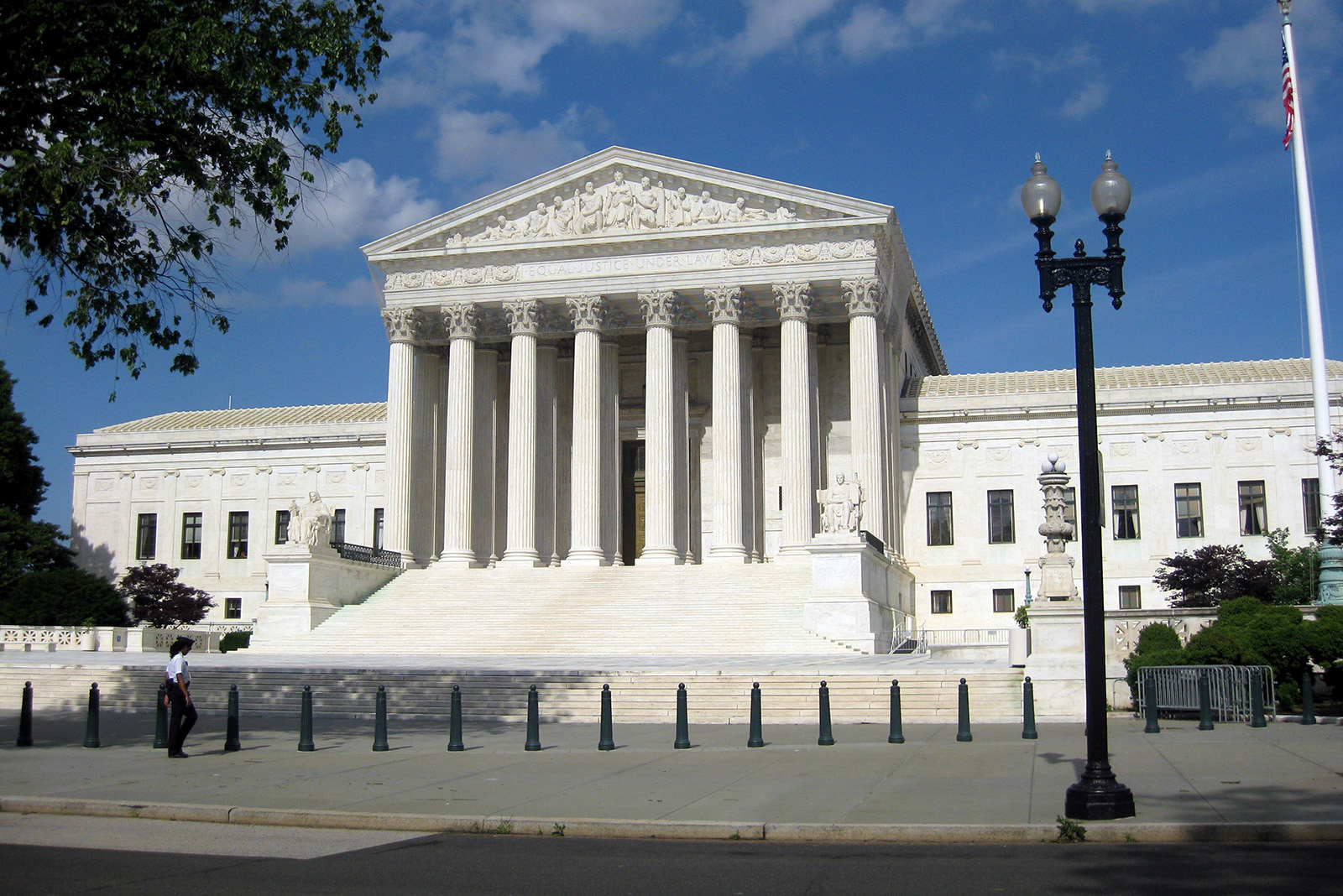
By Anna Dai-Liu
Nov. 6, 2024 12:38 a.m.
While Trump – who is three electoral votes away from claiming the presidency, according to AP projections – has not been consistent on his stance on abortion, several state-level Constitutional changes were on the ballot this year, said Cathren Cohen, a staff attorney at the Center on Reproductive Health, Law and Policy at UCLA Law. Measures in states such as Colorado and New York have passed, though measures in Florida, Nebraska and South Dakota have failed, according to The Guardian.
“They (the votes) do send a strong message,” she said. “Even in states where they’ve elected Republicans, there’s this very clear signal from the voting population that they don’t want abortion to be further restricted.”
Cohen added that she believes Florida’s vote, in particular, is the result of interference by figures such as Florida Gov. Ron DeSantis.
With the potential of a second Trump presidency, Cohen said she is worried about potential presidential restrictions on reproductive health care without legislative oversight, such as through criminalizing the mailing of abortion pills. She added that while a potential combination of a Republican Congress and president could lead to a total abortion ban, it’s not clear if they would be willing to go against popular support for abortion.




